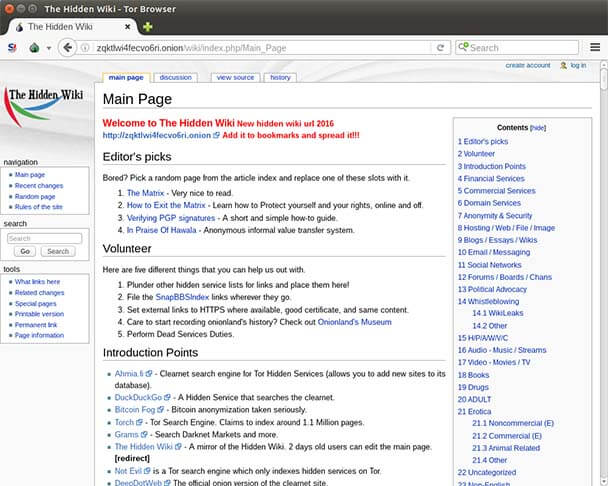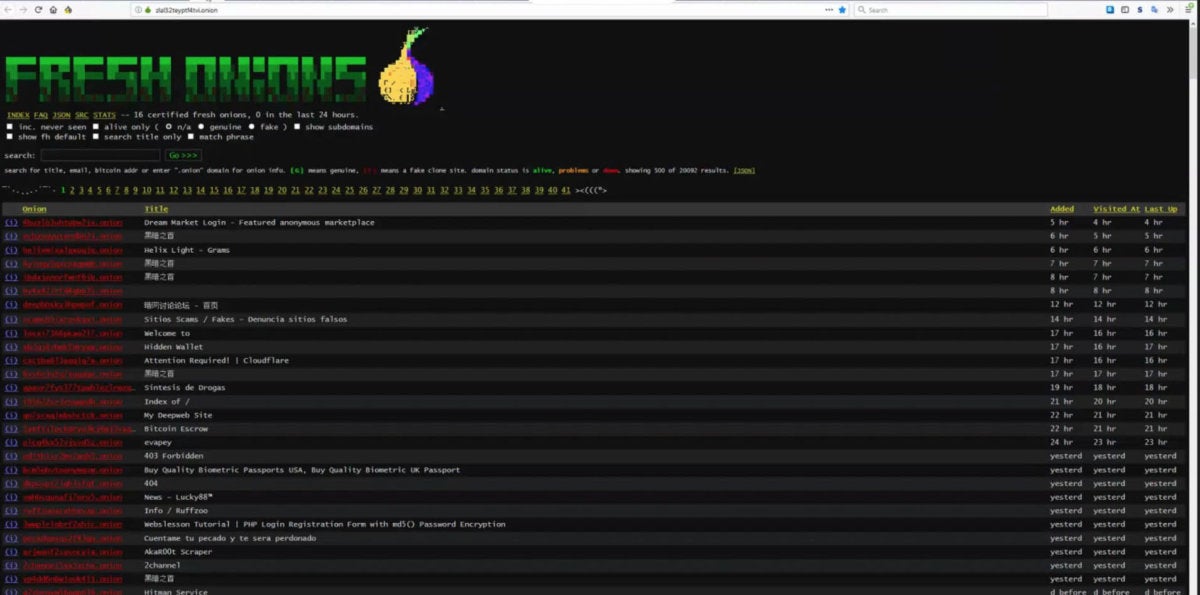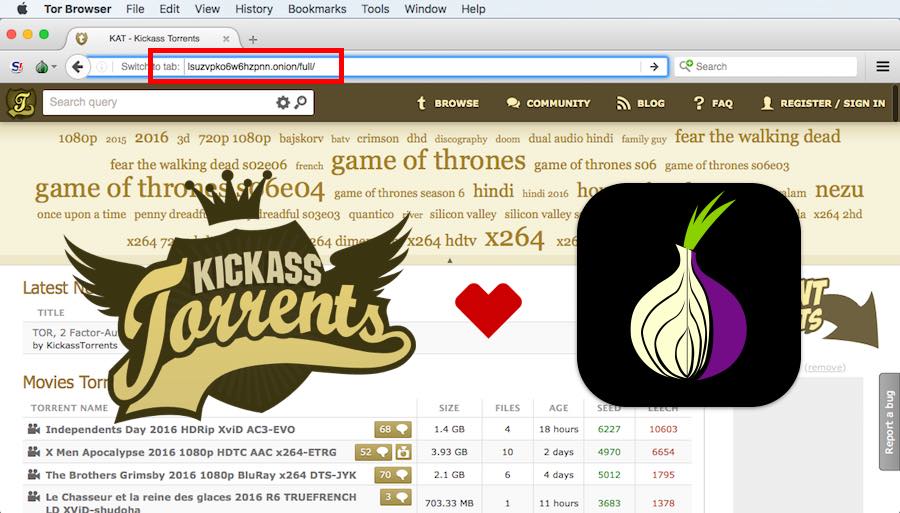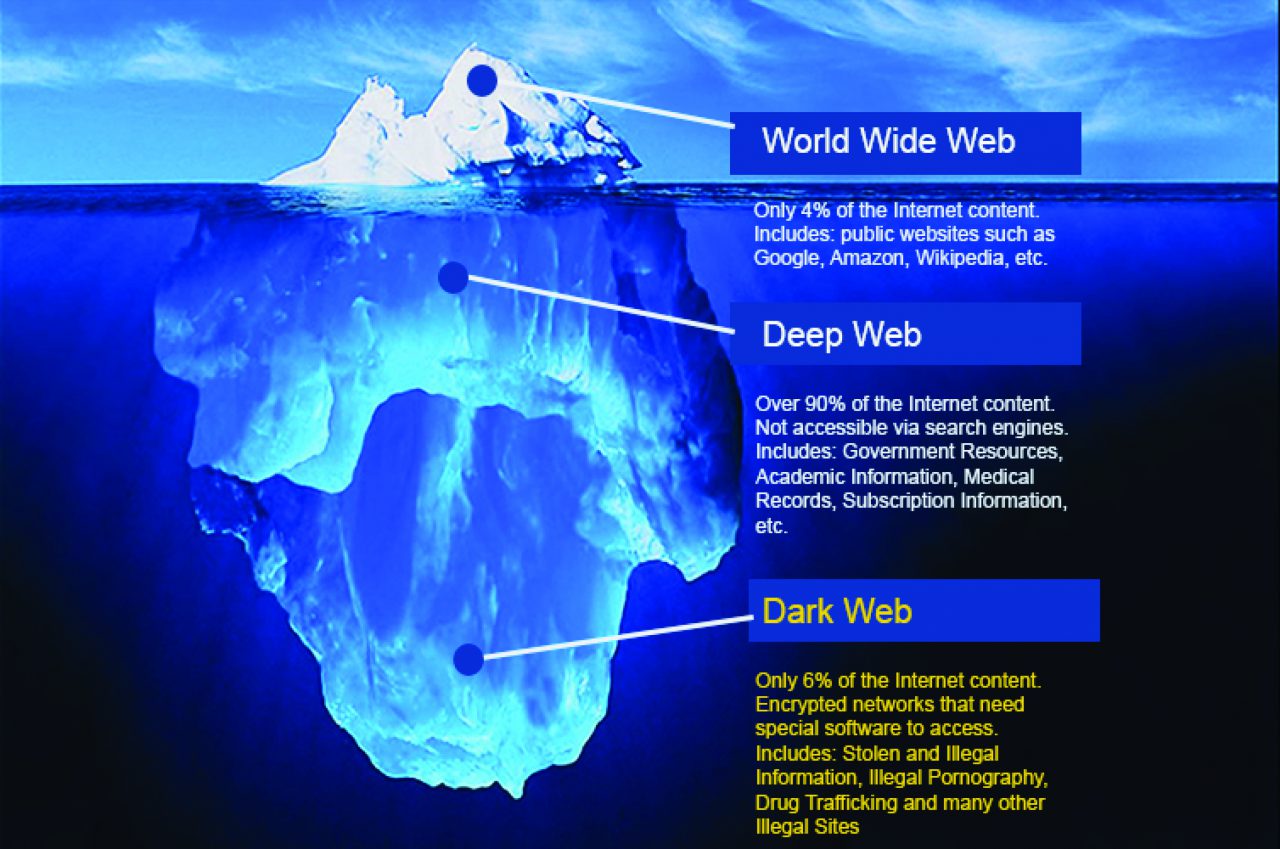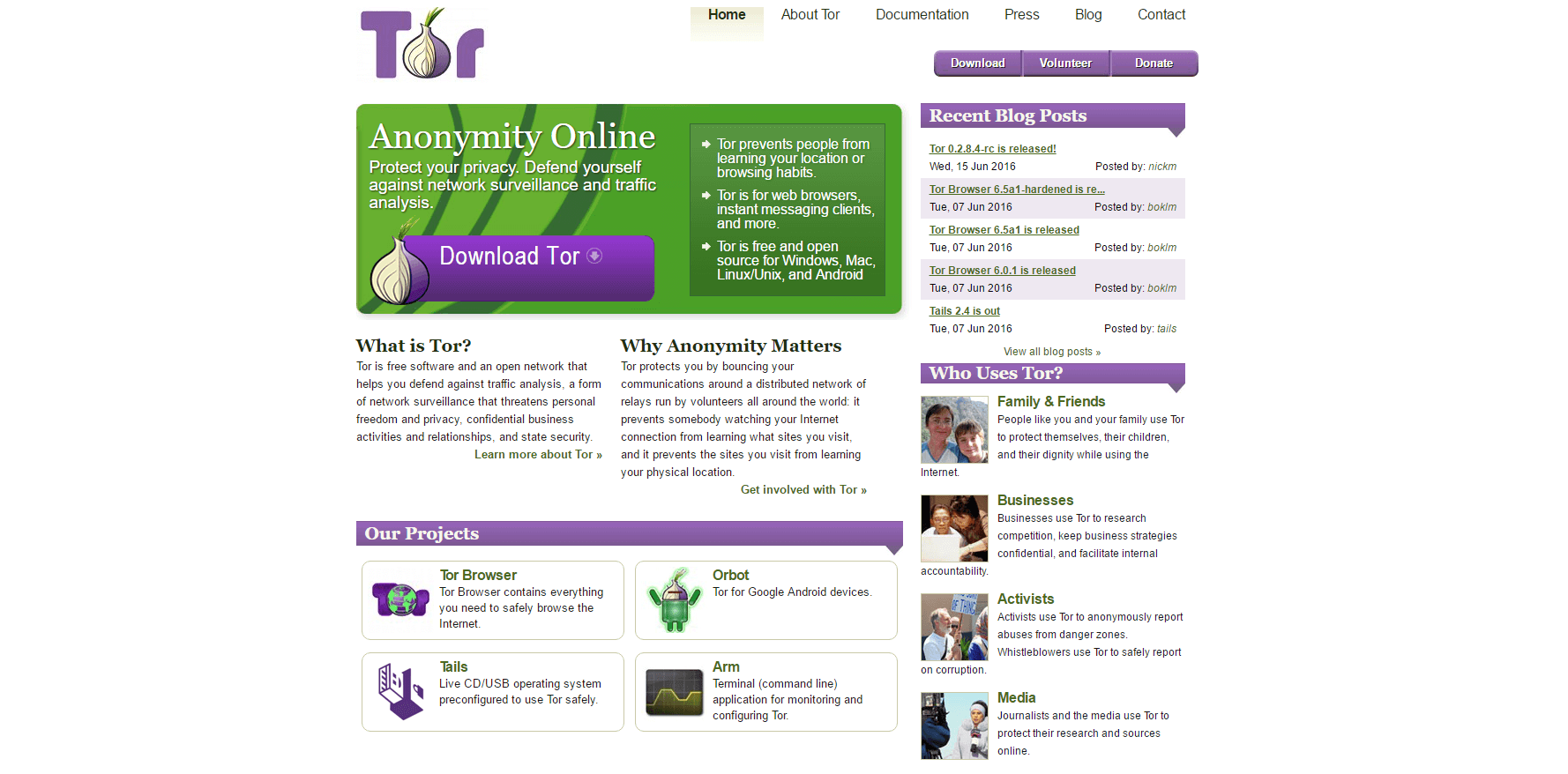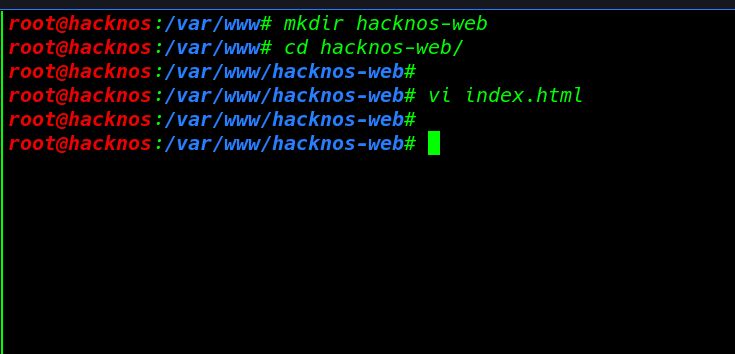May 05, 2023
Discover the Secrets of the Dark Web: A Guide to Accessing the Onion
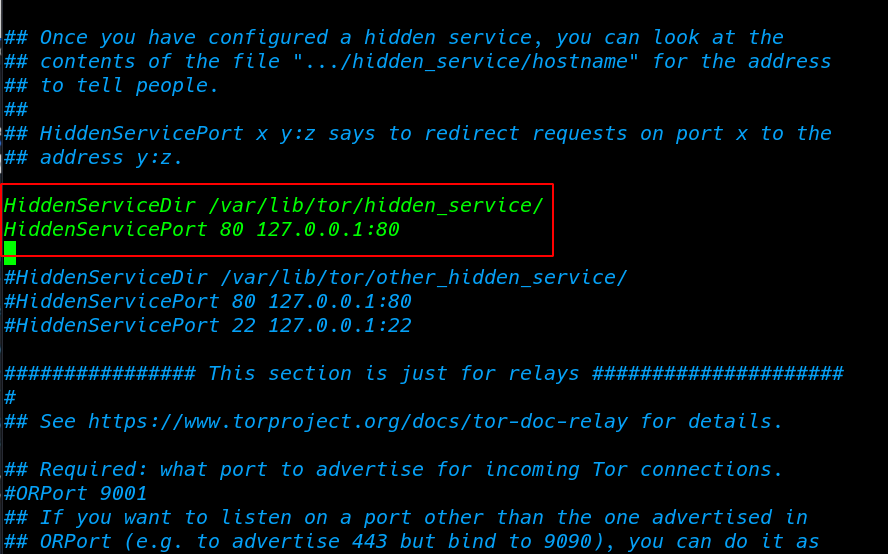
Looking at it from a different perspective, the dark web onion comprises about 90-95% of the internet. Once you connect to an exit node, it contacts the website on your behalf and sends you the data that Google has answered with. Additionally, it contains content that web crawlers are not permitted to index, as requested by the website owners.
The onion routing network, commonly known as the dark web, is a portion of the internet that cannot be accessed through conventional search engines such as Google or Bing. The deep web, which is comprised of the dark web and other unindexed content, contains a staggering 7,500 terabytes of data, in contrast to the mere 19 terabytes of information available on the surface web. Privacy Affair's Dark Web Price Index for 2021 reveals the present-day rates of various commodities and services that are frequently traded on the dark web. For instance, cloned credit cards with PINs are priced between 25 and 35 credits.
Unlocking the Secrets of the Dark Web Onion
The dark web onion and the deep web are often confused as one and the same, but they actually have distinct differences. One of the major challenges in accessing the dark web is the need to cross international borders, which poses a risk as customs officials have been increasingly vigilant in inspecting suspicious packages.
Numerous mainstream media outlets keep an eye on sites where whistleblowers post information in search of newsworthy stories. For instance, you can become a member of a chess club or join BlackBook, a social networking platform often referred to as the Tor version of Facebook.
The onion network on the dark web enables a service provider to monitor the websites you visit and intercept any confidential details like passwords that you may share while connecting to them. The question that arises is how are these sites hosted? Among various darknets, Tor (abbreviated for Router) is the most extensive one.
When it comes to the dark web onion, its contents are often hidden behind paywalls or require login details to access. However, even if you are using the Tor Browser, it is possible that you may not be able to access certain sites due to changes in their links, which have become longer since 2017-18, or because the site has ceased to exist or is temporarily down.
The onion version of the dark web does not offer certain features found on the regular website, such as BBC iPlayer. This version was established in 2012 as a repository for website snapshots, allowing users to revisit past versions and explore their content.
It is important to note that the dark web onion can be closely monitored by law enforcement agencies. Engaging in any illegal activities or visiting certain websites can result in criminal charges. It is crucial to exercise caution as many of these sites may contain fraudulent schemes and despicable content. Scams are prevalent and can have detrimental consequences such as IP theft or espionage that can impair a company's ability to compete or cause a direct financial loss. Therefore, it is essential to be vigilant and aware of the potential risks associated with the dark web onion.
The dark web onion is a hidden network that can only be accessed using special software. It is a part of the internet that is not visible to search engines and is used for illegal activities such as drug trafficking, weapons sales, and human trafficking. The dark web onion is accessed through the Tor network, which uses a series of encrypted layers to protect the identity of the user. This makes it difficult for law enforcement agencies to track down the perpetrators of such crimes. However, it is important to note that not all activities on the dark web onion are illegal, and it can also be used for legitimate purposes such as anonymous communication and accessing information without censorship.
Unlocking the Secrets of the Dark Web Onion
Utilize the dark web onion to explore the regular internet while maintaining the confidentiality of your Tor Browser. Navigating through the ProPublica platform on this site is seamless and the fact that it exists is a major triumph for the protection of privacy and the freedom of expression.
The dark web onion, also known as Tor, offers users a high level of anonymity through a complex system of relays. By using three different servers to build circuits, Tor is able to encrypt and route user data through a large number of intermediate servers, effectively hiding the user's identity and providing complete anonymity. Unfortunately, this anonymity has also been exploited by criminal groups who use malware to generate revenue from their affiliates. Typically, these groups receive a cut of around 20% of the earnings generated by their affiliates.
The dark web onion can be accessed through the Orbot proxy app or the Orfox browser, both available on Google Play. As you navigate through the onion, each server adds another layer of encryption, which is why it's called a Router. To test if your browser is functioning properly, you can attempt to visit a well-known site on the dark web.
The dark web onion is a term used to describe the hidden portion of the internet that can only be accessed through special software, such as Tor. In 2019, the BBC followed in the footsteps of the New York Times by launching a mirror of their international edition on the dark web. This move allowed users to access the news and information provided by the BBC without fear of being tracked or monitored by outside sources. The dark web onion is known for its anonymity and secrecy, making it a popular destination for those seeking privacy and protection online.
Explore further
Distributed by Алиджак, LLC.



